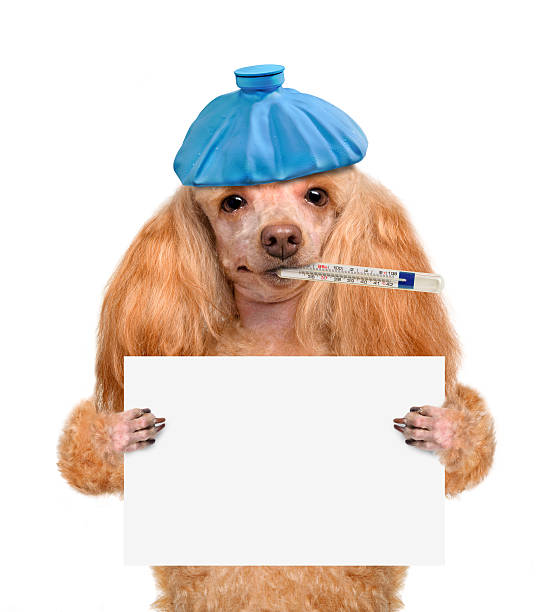
When you hear the word “bloat”, you probably think of having gas in the stomach. The stomach can get bloated when we take various “gassy” foods. Bloating may not be a serious condition among humans but in dogs, it is serious and can even lead to death.
Generally, bloating refers to gas being produced in the abdomen because of air being swallowed. Canine bloat, which is also known as Gastric Dilatation and Volvulus, is most common in large breed dogs and is a very serious disorder. However, the severity of canine bloat varies.
A severe form of canine bloat is known as torsion. When a dog experiences torsion, the supply of blood to its heart may be cut off. Moreover, toxins will start building in the stomach and affect it.
The Essential Laws of Pets Explained
Dogs that suffer from torsion are usually in life-threatening periods and require surgery within several hours. Statistics show that about 30 percent of dogs that undergo surgery due to torsion end up dying.
Which Dog Breeds are Prone to Bloating?
Deep chested dogs such as the Great Dane, German Shepard and Rottweiler are the ones that are most likely to get a bloat. However, these are not the only dogs that can get affected by bloating. Bloat can also affect Standard Poodles, Basset Hounds, Blood Hounds and Akitas.
Main Causes of Bloat
The cause for bloat does not always happen in the same way for each dog. However, there are some major contributing factors that are believed to cause bloat.
Why No One Talks About Products Anymore
When dogs eat fast, they are likely to swallow air and fluids, which can lead to bloating. Your dog is likely to suffer a bloat if you only feed him once and if he usually eats fast. However, bloat does not only occur due to the dog eating fast. Genetics, stress, age and exercise habits all contribute to bloating.
Bloating is likely to result if you usually exercising your dog vigorously about an hour before or after he feeds. Bloating is common with dogs that are over four years old. And unfortunately, there have been some cases where some dogs are genetically more susceptible to the disorder.
Symptoms of Bloating
If you would like to save your pet from the effects of bloating, it’s important to recognize its symptoms. One of the signs of bloating is swelling of the dog’s abdomen after he has finished eating. Heavy salivating, gagging, whining and dry vomiting are the other signs of bloat. Your dog may also show signs of pacing, have an excessive heart rate. Your dog’s gums may be discolored if he is suffering from torsion.









